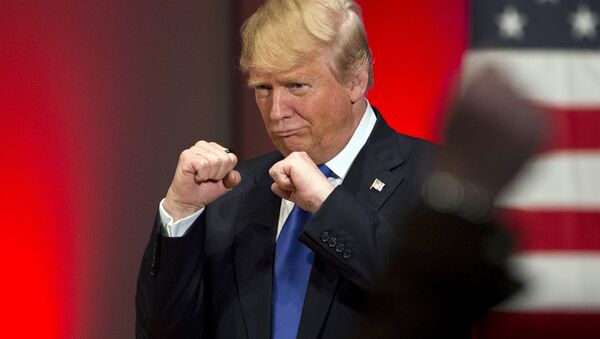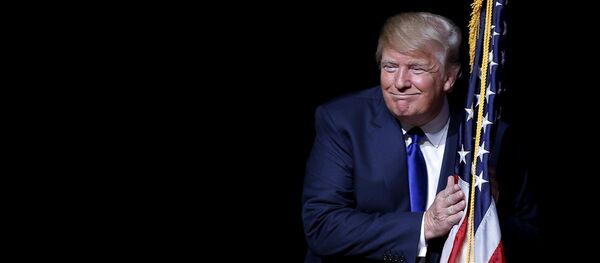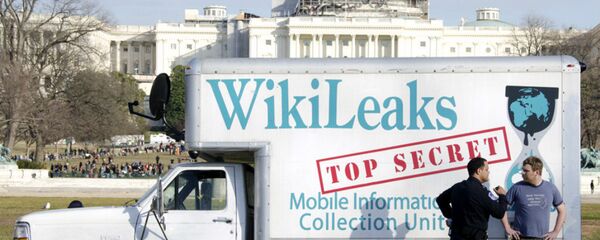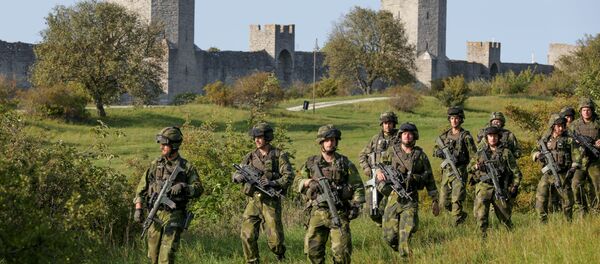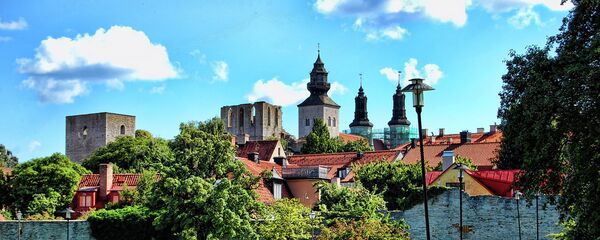"Sure, it [Trump's victory] can lead to increased conflicts," Mats Karlsson, the head of the Swedish Foreign Policy Institute, told Swedish national broadcaster SVT.
Swedish political scientists expect America's next president to be less harsh on Russia's "superpower ambitions." Swedish media also stressed that Vladimir Putin was one of the first to congratulate Donald Trump after the election night. During his election campaign, Trump discussed, among other things, the lifting of the West's sanctions against Moscow and recognizing Crimea's historic re-unification with Russia.
"It would be a complete disaster. It would mean that Russia's claim to power is accepted," Professor Jan Hallengren at the National Defense University told SVT.
Nevertheless, the Swedish government is looking forward to continued military cooperation with NATO and the US.
"It is very important that America's commitment to the other countries remains unchanged and is implemented in the intended manner. For it is extremely important for the stability of Europe and our part of the world," Swedish Defense Minister Peter Hultqvist, who previously made no secret that he would have preferred Hillary Clinton to win the election, said, as quoted by SVT. Remarkably, Hultqvist still ruled out the possibility of a Swedish NATO membership, be it with or without Trump.
"The security implications of Donald Trump's victory in the US election are downright dramatic. It may be the beginning of the end for NATO. It also swings the door wide open for the use of military force by the Russians," author and journalist Kjetil Stormark prophesied in an opinion piece in Norwegian daily Aftenposten.
Gunnar Ekeløve-Slydal of the Norwegian Helsinki Committee concurred that there is reason to fear that Russia will be provided leeway with Trump as the US president. According to Ekeløve-Slydal, Trump will be less concerned with international rules and consensus building, as his election pledges give cause for concern.
"We believe Trump is inclined to appreciate strong leadership," Ekeløve-Slydal said, as quoted by Norwegian state broadcaster NRK.
"Stormark's analysis rests upon the idea that if you fail to build a fence around Russia or deter it otherwise, the Russians will take over the whole world. I don't see it this way. Putin is most eager to promote his own and Russia's interests, primarily in the post-Soviet area," Wilhelmsen said.

